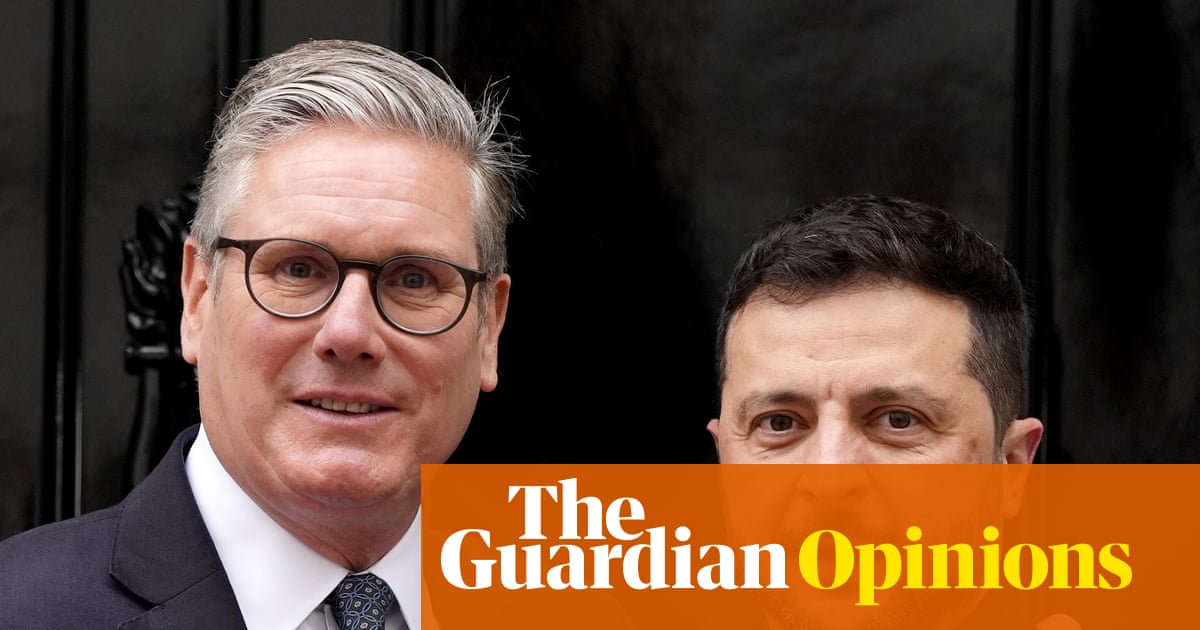
In the midst of a rapidly shifting geopolitical landscape, today’s international diplomatic meeting in Washington, D.C., takes center stage. Following last week’s unprecedented summit in Alaska, leaders from the United States, Ukraine, Europe, NATO, and the European Union are gathering to navigate solutions to one of the most complex crises of our time. The stakes couldn’t be higher, and Europe’s role in this dialogue is crucial.
Why Europe’s Leadership Matters
The assembled group includes seven key nations—the U.S., the U.K., Ukraine, Germany, France, Finland, and Italy—along with NATO and the EU. Amid this diverse coalition, a unified European voice could significantly impact the meeting’s outcomes. With growing tensions and unpredictable participants, including Donald Trump and Vladimir Putin, Europe needs a clear, confident spokesperson to lead its message.
Identifying Europe’s Leading Spokesperson
The selection of a European representative is more than a formality; it’s a strategic necessity. With English as the meeting’s primary language, European leaders with near-native English proficiency are in the spotlight. While several leaders, including Emmanuel Macron and Ursula von der Leyen, are accomplished English speakers, only two stand out for their potential to navigate the high-stakes dynamics effectively.
Keir Starmer, the U.K.’s representative, offers native fluency and a measured approach. Alternatively, Mark Rutte, NATO’s secretary general, combines linguistic fluency with a deep understanding of military and diplomatic frameworks. Either would be well-suited to articulate Europe’s position, address unexpected interruptions, and maintain composure under pressure.
A Unified European Strategy
Today’s meeting must go beyond routine statements. Instead, Europe needs to present a cohesive vision that builds upon lessons from last week’s Alaska summit. Trump’s acknowledgment that a ceasefire isn’t enough could be an opportunity for Europe to advocate for concrete security guarantees and a comprehensive peace agreement.
While appeasing Putin may be distasteful, crafting a peace agreement with compromises could end the devastating conflict. For instance, Ukraine could negotiate territorial concessions, akin to Finland’s strategy during the 1939-1940 Winter War. Paired with NATO membership or similar security assurances, this approach might provide a foundation for lasting peace.
Challenges and Opportunities for Ukraine
Volodymyr Zelenskyy faces immense pressure as Ukraine’s leader. Publicly conceding territory is politically sensitive, but achieving peace and securing NATO membership could fortify Ukraine’s sovereignty in the long term. Any unilateral rejection of such terms by Russia would emphasize Putin’s role as a barrier to resolution, potentially strengthening U.S. military support for Ukraine.
Europe’s Diplomatic Moment
Today’s gathering in Washington marks a rare and extraordinary moment in modern diplomacy. By embracing a collaborative, innovative, and strategically unified approach, European leaders have the chance to shape the outcome of one of the most consequential conflicts in recent history. Strong, adaptable leadership can transform this unconventional meeting into a pivotal step toward peace.






